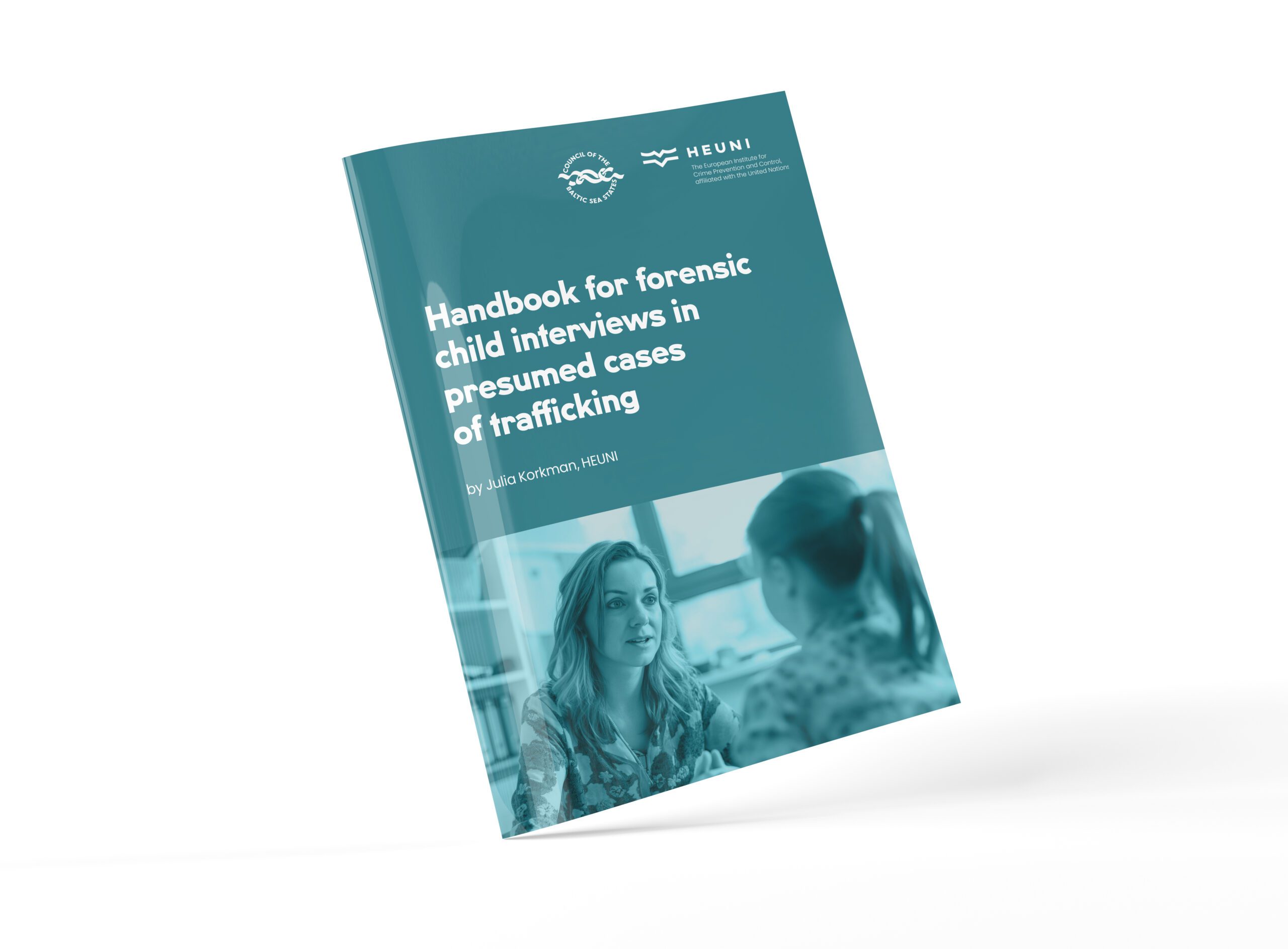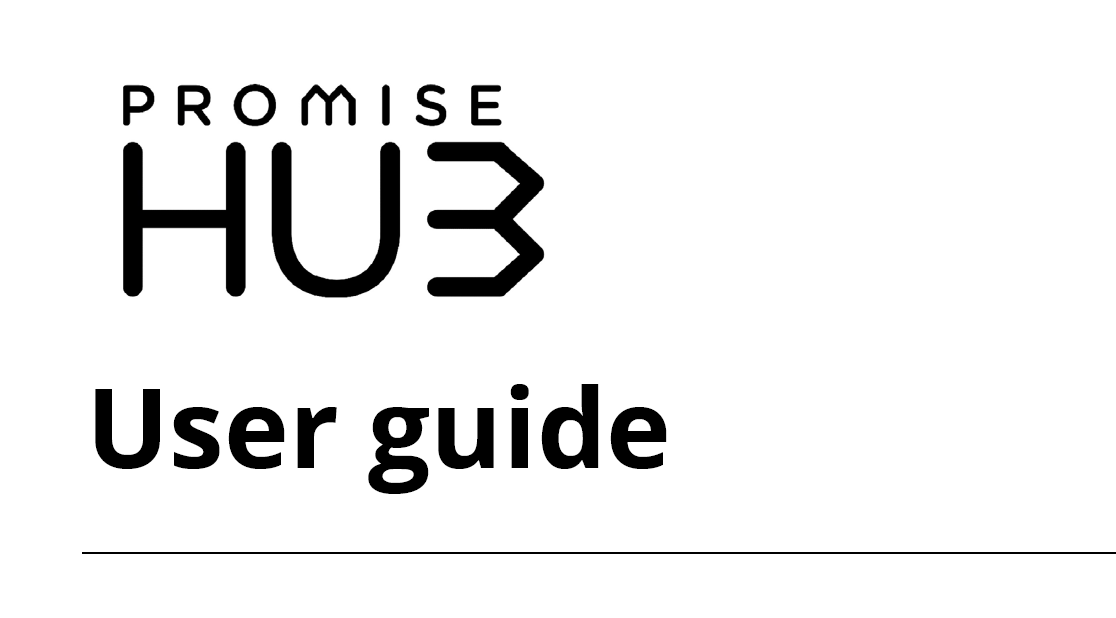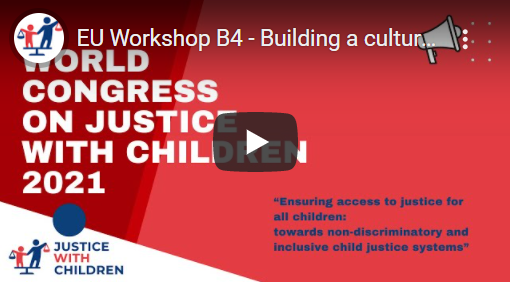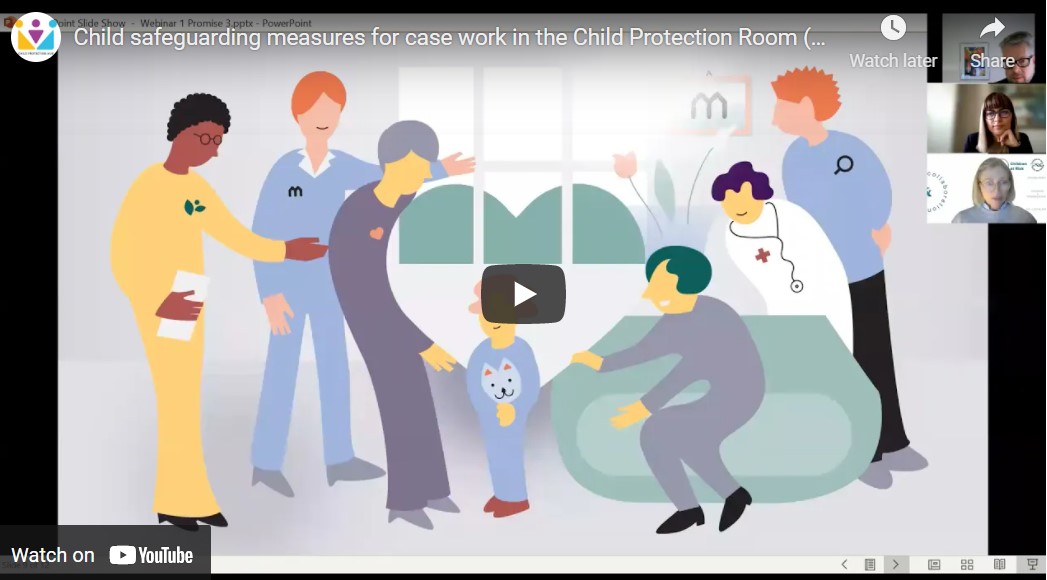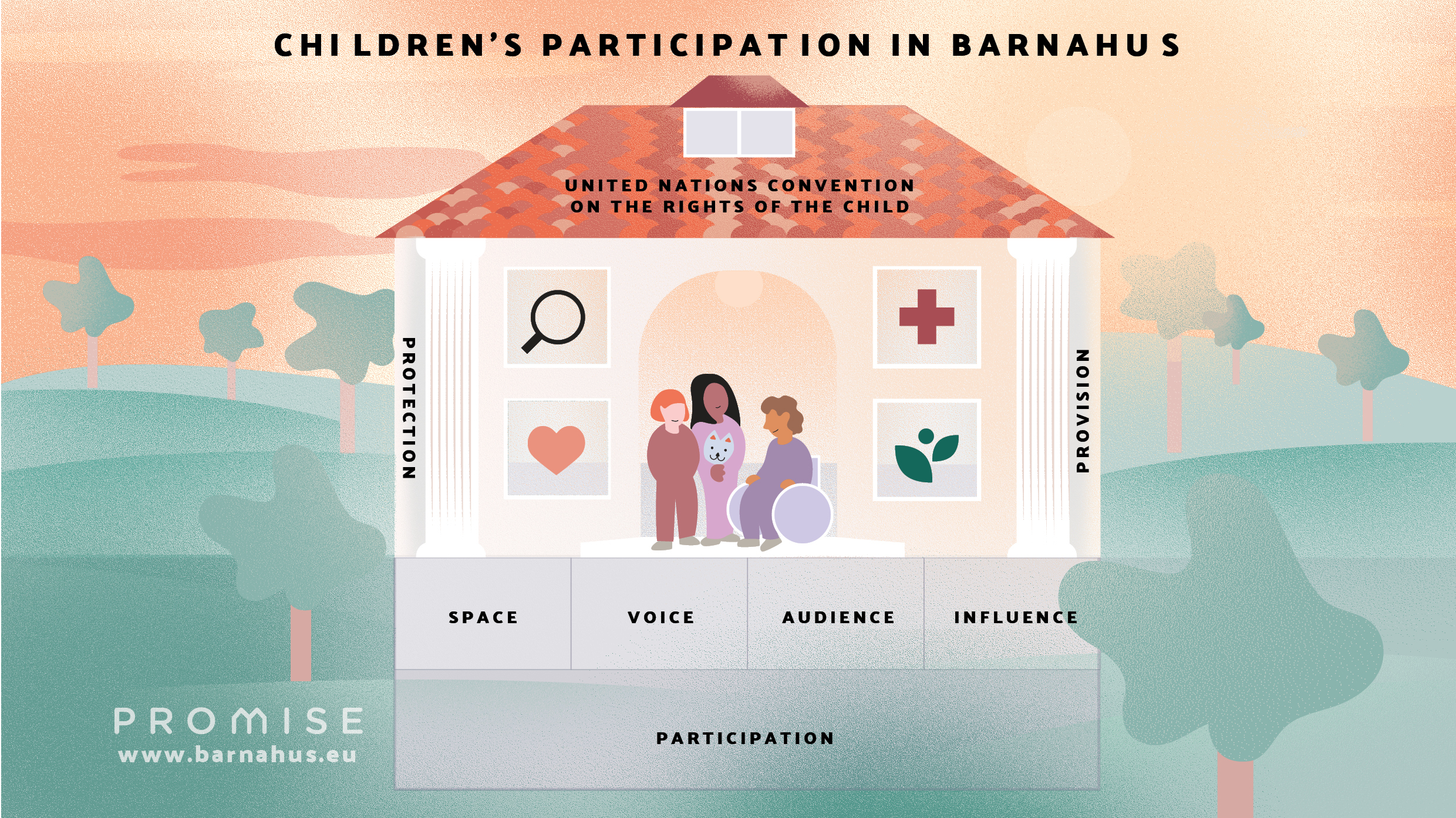Forensic interview webinar mini-series
This webinar mini-series presents the importance of a forensic interview for child victims and witnesses of violence, how one is conducted, and how to adapt it to the special needs of the child.
The importance of a forensic interview for child victims and witnesses of violence in criminal proceedings (1/3)
Summary
In this webinar, Símon Sigvaldason, Chief Justice of Reykjavik, Iceland, presents a comprehensive overview of the Barnahus (Child House) approach and its significance in criminal investigations involving child victims and witnesses of violence. The webinar focuses on the benefits and effectiveness of Barnahus in providing a child-friendly and supportive environment that encourages children to feel safe and comfortable during interviews.
Símon emphasizes the child-centered nature of Barnahus, where skilled experts conduct forensic interviews using age-appropriate questioning techniques to obtain accurate information while minimizing the potential trauma to the child. He discusses the collaborative efforts of a multidisciplinary team, which includes professionals from prosecution, police, defense lawyers, and victim support services, working together to ensure a holistic and sensitive approach to child protection.
The presentation also addresses concerns related to due process and the rights of the defense in the context of Barnahus interviews. Símon clarifies that the approach has been thoroughly examined and upheld by the Icelandic Supreme Court and the European Court of Human Rights, dispelling any doubts about its adherence to legal standards.
Throughout the webinar, Símon underscores the importance of sharing success stories and experiences from other countries to encourage the adoption of child-friendly approaches in judicial systems worldwide. The ultimate goal is to prioritize the protection, well-being, and rights of child victims and witnesses throughout the legal process, fostering an environment that promotes justice and support for the most vulnerable members of society.
Adapting the forensic interview to the needs of the child (2/3)
With reference to Barnahus Quality Standards 3 and 6, this webinar presents strategies for meeting the individual needs of every child and ensuring equitable access to child-friendly justice at the Barnahus. This includes adaptations for children with disabilities or language barriers, including using interpretation. The webinar also discusses adapting the interviews to different age groups and what you can expect from children of different ages. Presented by Gordana Flander, Director of the Child and Youth Center in Zagreb.
Summary
Gordana Flander, the Director of the Child and Youth Center in Zagreb, presents strategies for accommodating children with disabilities, language barriers, and different age groups during these interviews. The goal is to ensure equitable access to child-friendly justice within the Barnahus settings.
The webinar underscores the importance of creating a safe and supportive environment for children during the forensic interview process. It emphasizes using evidence-based interview protocols and adjusting the approach to cater to the developmental levels of each child. The objective is to enable children to express their feelings, opinions, and experiences in a manner that respects their rights and needs.
Gordana Flander’s presentation highlights the significance of specially trained professionals conducting these interviews to ensure that children receive the support and sensitivity they require. By employing child-friendly approaches and evidence-based practices, the forensic interview process can be conducted effectively, allowing children to provide credible testimonies. Ultimately, the webinar seeks to equip professionals with the necessary tools to gather factual information regarding allegations of abuse and violence in a developmentally sensitive and legally sound manner within the Barnahus framework.
Preventing re-victimization when conducting forensic interviews at the Barnahus (3/3)
Summary
The webinar titled “Forensic Interviewing of Child Victims and Witnesses of Violence” was presented by Ólöf Ásta Farestveit, Director of Barnahus Iceland. The webinar focused on forensic interviewing techniques used in Iceland, particularly in cases involving children who have experienced sexual or physical abuse. Ólöf Ásta Farestveit emphasized the importance of creating a child-friendly environment for interviews, where children can feel safe and relaxed. The forensic interviewing protocols used in Iceland, such as HT (Hudson and Tindall) and NCAC (National Children’s Advocacy Center) protocols, have been in use for over thirty years.
During the interview, Ólöf Ásta Farestveit explained how interviewers use open-ended questions to maximize the information obtained from the child, ensuring that the child’s memory is not contaminated. Interviewers aim to minimize the impact of the interview on the child, considering factors such as timing, tiredness, and medication. The goals are to obtain accurate, credible, and complete information while recording the interview for future use in legal proceedings.
The webinar also addressed the challenges of interviewing children with disabilities or developmental disorders, such as autism, and highlighted the importance of using appropriate techniques to facilitate communication and understanding.
In conclusion, Ólöf Ásta Farestveit provided insights into the forensic interviewing techniques used in Iceland to ensure the collection of reliable and accurate information from children who have experienced abuse. The focus on evidence-based protocols and child-friendly environments enhances the integrity of the interview process, facilitating the child’s disclosure while minimizing potential harm or suggestibility.
About the speakers
Gordana Buljan Flander (PhD) is a psychologist, psychotherapist and Director of the Child and Youth Protection Center of Zagreb. She has been working with children for over 30 years and was amongst the first professionals in Croatia who recognized the importance of the issue of child abuse and neglect. In 1997 she founded the helpline for abused and neglected children; in 2002 she initiated the foundation of the Child Protection Center of Zagreb – the only health care institution specialized in working with traumatized children in Croatia.
Besides working directly with children and families, she is active as an academic and wrote 7 books and several scientific papers. She works as a lecturer on many universities and is Court Expert for psychology, conducting
Ms Ólöf Ásta Farestveit
has been a therapist and a forensic interviewer at Barnahus since 2001, becoming its Head in 2007. She has conducted over 700 forensic interviews with children aged 3-18 in instances where sexual abuse was suspected. Additionally, she is the author of the book “Verndum þau” (“Lets protect them”, Reykjavík, 1st ed. 2006, 2nd ed. 2013) about how to respond to suspicions of neglect or violence against children and youth. In 2016, she received a diploma in Family Therapy from the University of Iceland.
Born in 1969 in Reykjavík, Iceland, she holds a BA in Criminology and another in Child Pedagogy from the Stockholm University, Sweden. In the following, she worked in a state treatment centre for youth and for a short time in an Icelandic prison and probation administration monitoring and helping young offenders.
The PROMISE Webinar Series is co-organised with Terre des Hommes, a partner of this project, as part of the ChildHub’s child protection webinar series.



